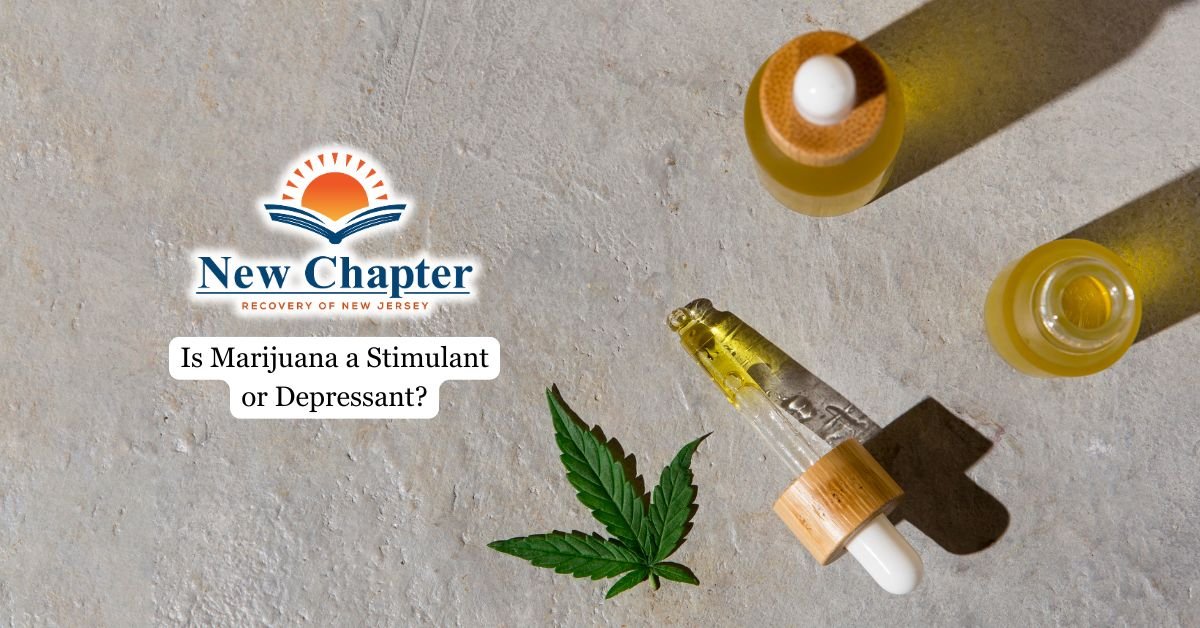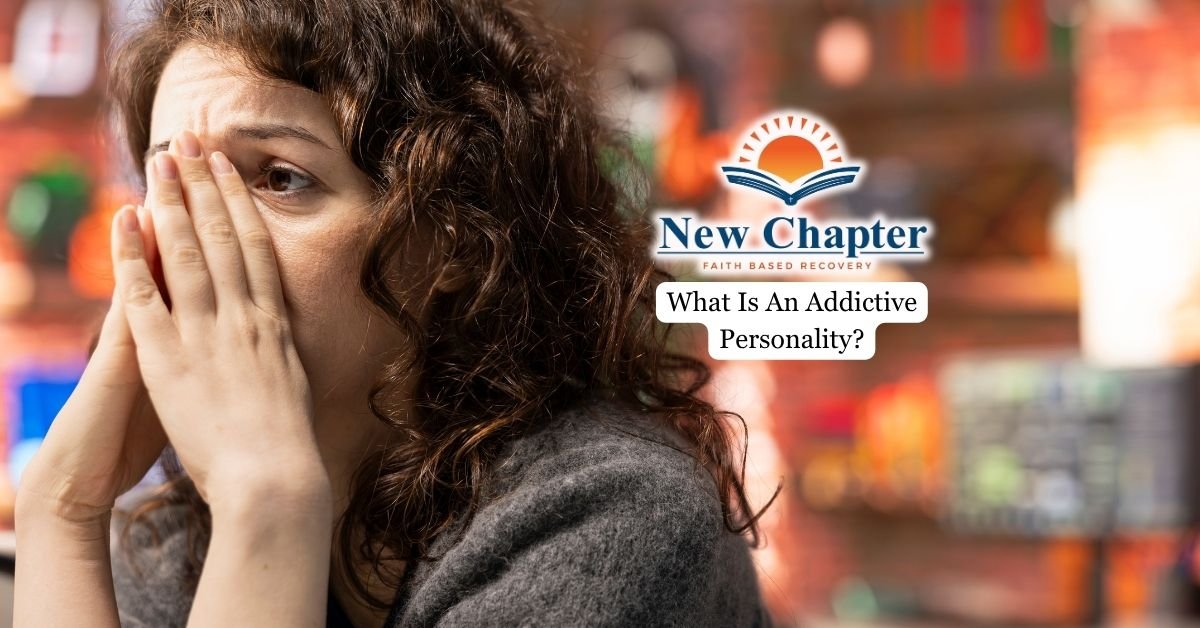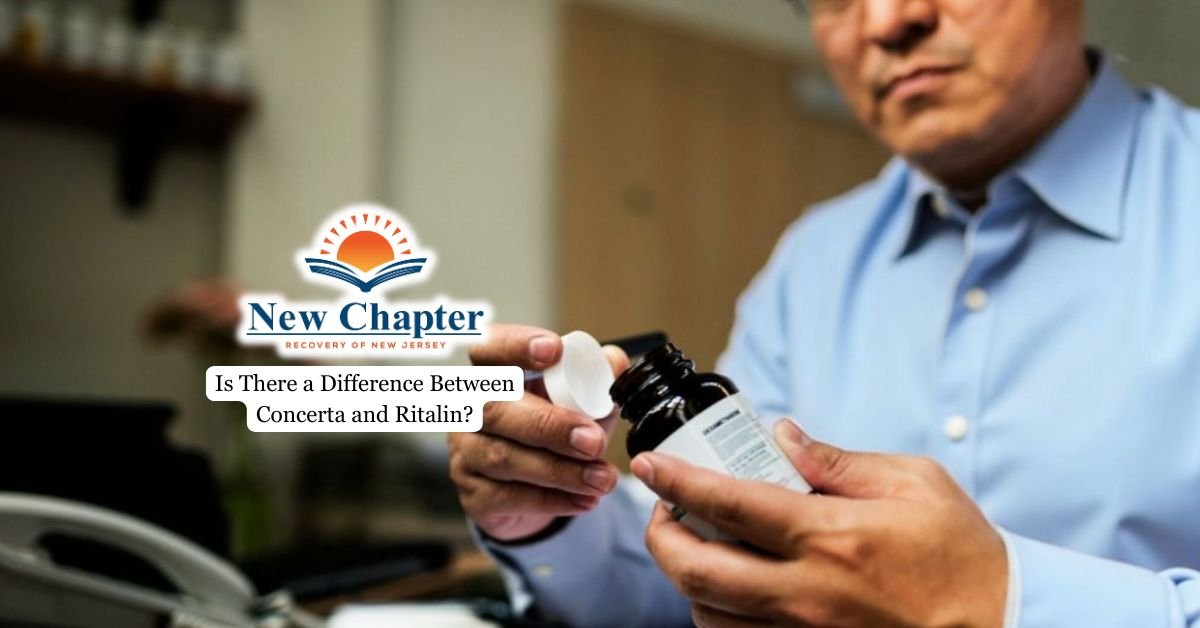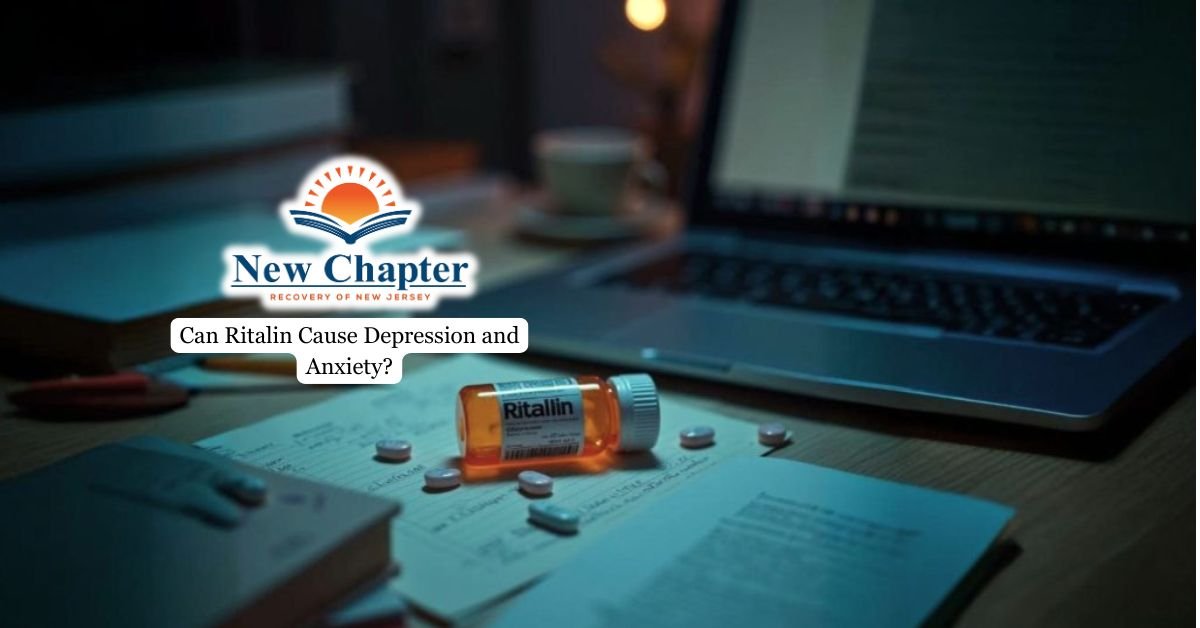Mixing Ativan (lorazepam) and alcohol is a dangerous combination that can have serious and even life-threatening consequences. Both substances act as central nervous system depressants, and when combined, their effects are intensified.
This article explains why people mix Ativan and alcohol, what happens when you do, and the serious risks involved.
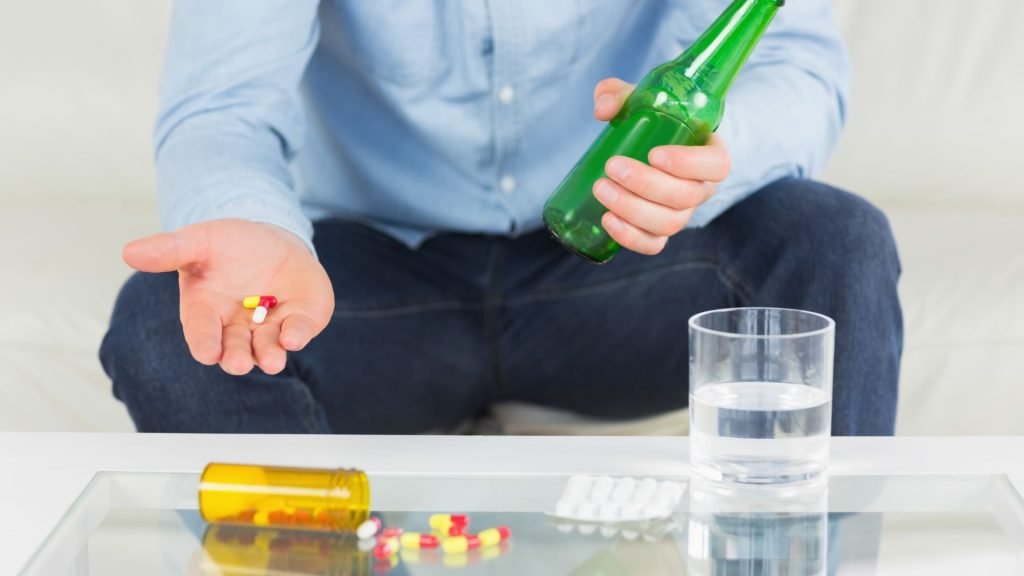
What Is Ativan and Why Do People Mix It with Alcohol?
Ativan, the brand name for lorazepam, is a benzodiazepine prescribed for anxiety, insomnia, and seizures. It works by calming the central nervous system, making users feel relaxed or sedated. Because of this calming effect, some people mix Ativan and alcohol to intensify the sensation or cope with emotional distress.
Unfortunately, people mix Ativan and alcohol without understanding the severe consequences. Both substances are depressants that suppress brain activity. When combined, they can amplify each other’s effects, leading to life-threatening outcomes. Even if someone believes a small amount of alcohol is safe, the combined effects can be unpredictable and dangerous.
In these cases, a medically supervised alcohol and drug detox is often necessary to safely stop use and reduce the risk of complications.
What Happens When You Mix Ativan and Alcohol?
The effects of mixing Ativan and alcohol are profound. Both substances impact the central nervous system, and together, they can cause slowed breathing, heart rate suppression, confusion, memory loss, and unconsciousness. When someone chooses to drink alcohol while taking Ativan, the body’s natural warning signs become dulled, which increases the risk of overdose or accidents.
The National Institute on Alcohol Abuse and Alcoholism warns that combining alcohol with benzodiazepines like Ativan significantly raises the risk of coma and death. Many overdose deaths involve a mix of prescription medications and alcohol. Since Ativan may take several hours to leave the body due to its half-life, it’s dangerous to assume it’s safe to consume alcohol even hours after taking it.
Lorazepam and Alcohol: Risks of Mixing Ativan
When lorazepam and alcohol are used together, the side effects of Ativan and alcohol can become much more severe. These may include dizziness, intense drowsiness, difficulty breathing, poor motor control, and disorientation. In some cases, individuals may blackout or experience memory gaps, not realizing what occurred while under the influence.
Repeated alcohol consumption while on Ativan use can increase tolerance and physical dependence. Over time, this can lead to drug and alcohol addictions and make withdrawal from either substance more intense.
It’s important to note that alcohol can increase the sedative effects of lorazepam, which can lead to respiratory arrest and even death. No amount of alcohol is safe when combined with Ativan or alcohol dependence.
Ativan for Alcohol Withdrawal and Why It Must Be Monitored
In medical settings, Ativan helps manage the symptoms of alcohol withdrawal, including agitation, seizures, and anxiety. However, this treatment must be administered by professionals in a controlled environment. Using Ativan for alcohol withdrawal without supervision can result in dependency on both substances.
Doctors may prescribe Ativan during alcohol detox to stabilize the patient’s central nervous system, but long-term use is not advised. When patients attempt to self-medicate—by using Ativan with alcohol—they increase their risk of overdose on Ativan, especially during periods of relapse or emotional distress. Tolerance can also develop, causing individuals to take higher doses or drink alcohol excessively to feel the same effects, compounding the risk.
Understanding Overdose and Withdrawal Risks
One of the most severe dangers of mixing alcohol and Ativan is the increased likelihood of overdose. Both substances slow vital functions, and in combination, they can shut down breathing or cause unconsciousness. Many people who overdose on Ativan have also consumed alcohol, even if unintentionally.
On top of all, withdrawal from either substance can be dangerous. Those with alcohol addictions and co-occurring mental health issues may also experience complications like anxiety, tremors, seizures, and hallucinations. Quitting both Ativan and alcohol abruptly can lead to extreme withdrawal symptoms, requiring medical intervention to avoid serious harm.
It’s also important to acknowledge that substances like alcohol and benzodiazepines can cause lasting effects on brain function. Continued misuse may result in cognitive impairment, emotional instability, and damage to the central nervous system, thus making recovery more complex without structured treatment.
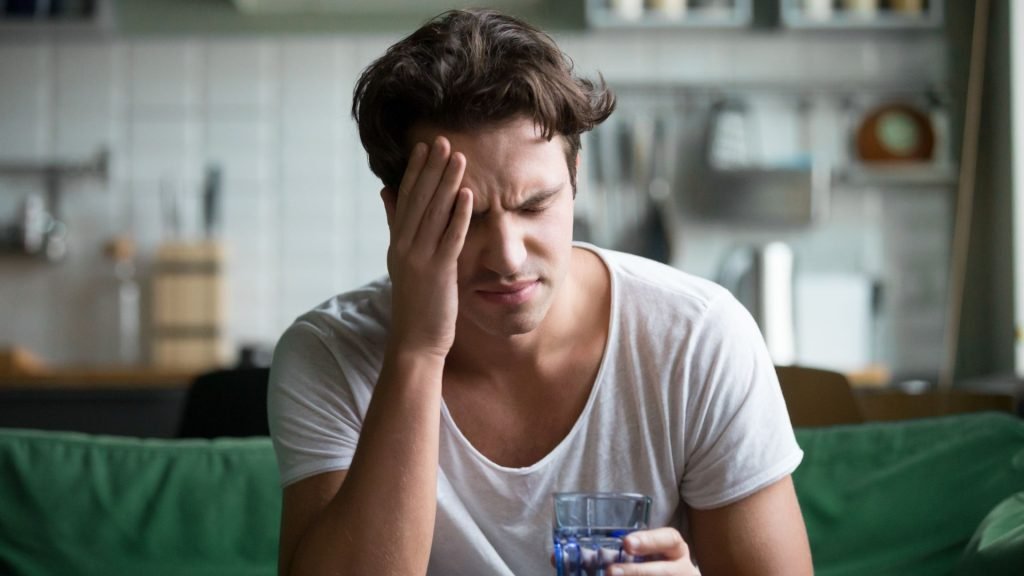
Help for Ativan and Alcohol Addiction
If you or someone you love is using Ativan and alcohol together, it’s critical to seek professional support. The risks of mixing Ativan with alcohol are not just short-term. Ongoing misuse can result in chronic health conditions and mental health deterioration. Dual substance dependence often requires specialized care that addresses both alcohol use disorder and prescription drug abuse.
Treatment for drug and alcohol dependency may involve inpatient detox, medical stabilization, behavioral therapy, and long-term recovery planning. At no point is it safe to mix Ativan with alcohol, and recovery often begins with acknowledging the risk and seeking proper help.
Final Thoughts from New Chapter Recovery
At New Chapter Recovery, we understand the complex relationship between prescription medications and alcohol addiction. If you or a loved one is battling the dangerous cycle of mixing Ativan and alcohol, our team provides evidence-based, faith-supported treatment plans in New Jersey tailored to your needs. Whether through alcohol detox, dual diagnosis care, or long-term recovery support, we’re here to guide your next chapter with safety and compassion.

